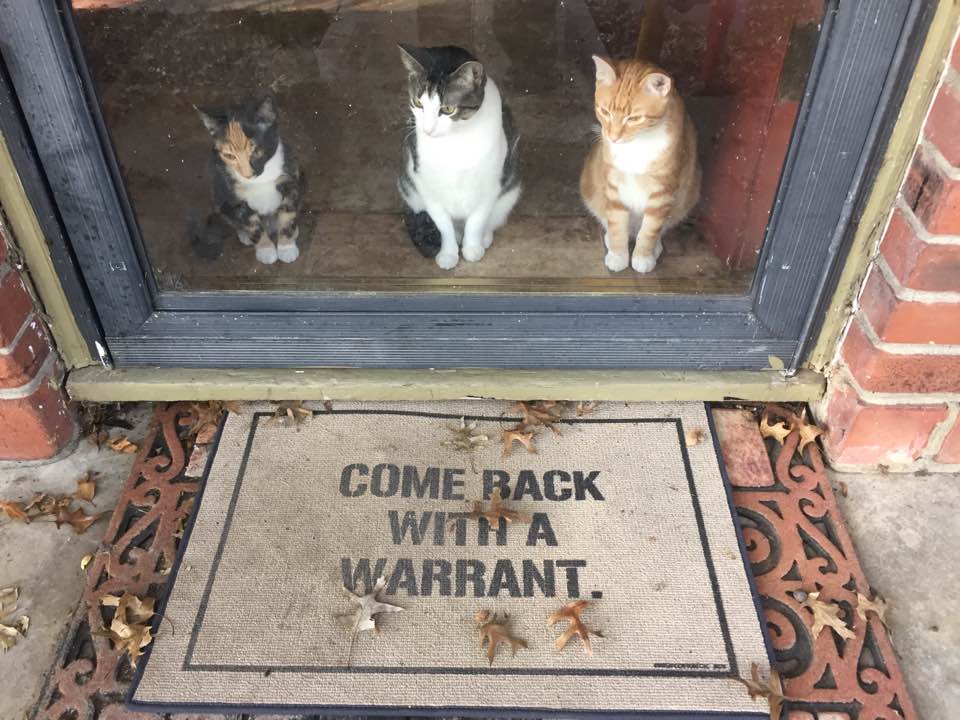Consent to search in criminal matters – The Fourth Amendment of the United States Constitution protects individuals present in the country from unlawful search and seizures at the federal level. The Fourteenth Amendment of the United States Constitution makes this law applicable to the states as well. We have previously written a blog on consent and warrantless searches; this blog will go into more detail on a specific part of that topic.
This blog will discuss only consent searches. Why people tend to agree to them, why they shouldn’t, and what rights they have when they give consent. Like all our blogs, this is intended for general informational purposes only, and not intended as a substitute for the advice and counsel of a criminal defense attorney.
Should I consent to a search?
No. If the police want to search your vehicle or your home, they can get a search warrant. If they don’t have a search warrant, there can be other circumstances that give them probable cause to search. If they don’t have either, why would you give them consent? Especially if you have something to hide, which occurs every single day. Unfortunately, most people do it because they are either afraid to say no, or they don’t know better.
In almost every case, if a law enforcement officer asks for consent to search, they are looking for evidence of a crime or contraband. They are looking for what is needed to charge someone with a crime, there’s no benefit to giving consent in that case.
*Note that asking questions such as, “you don’t have anything, so you won’t care if I search your vehicle?” is a trick that law enforcement officers use to entice people into accidentally consenting to search. When you say “yes” to this seemingly rhetorical question, you have just waived your Fourth Amendment rights and unnecessarily given your consent to search.
Can someone else consent to a search of my property?
Yes. Consent to search is not strictly based on ownership. Typically, a person driving a vehicle can give consent to search that vehicle, even if he or she is not the registered owner. Similarly, someone who seems to be “in control” of a residence at the time, can typically give consent to search that residence even if they don’t own it.
Where this becomes a problem is when an officer obtains incriminating evidence on someone other than the person that gave consent. For example, your roommate can give consent to search your apartment, and you can be charged as a result. In cases like this, you may lack standing to do anything about it.
Can I at least control the parameters of a consent search?
Yes. If for whatever reason someone decides it is a good idea to give law enforcement consent to search their vehicle or residence, they should probably at least limit the scope of that search. If you are consenting to a search, you have a right to dictate what can or can’t be searched. For example, if you give consent to search your residence you can tell the officers they are not allowed to go into certain rooms or open certain compartments. Same with a vehicle.
Too many people don’t understand their constitutional rights, and even some of the ones that do don’t exercise them. Criminal law can be extremely complicated; if you have been charged with a crime or you think you may be the suspect of a crime, you should consult a lawyer.

